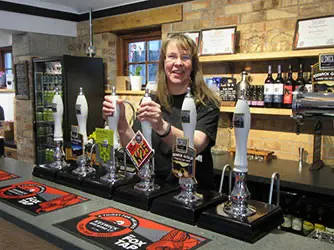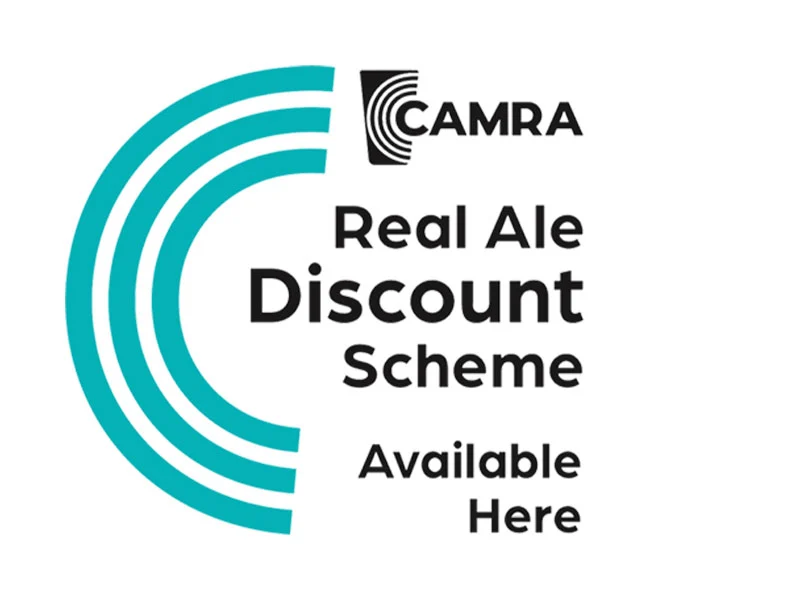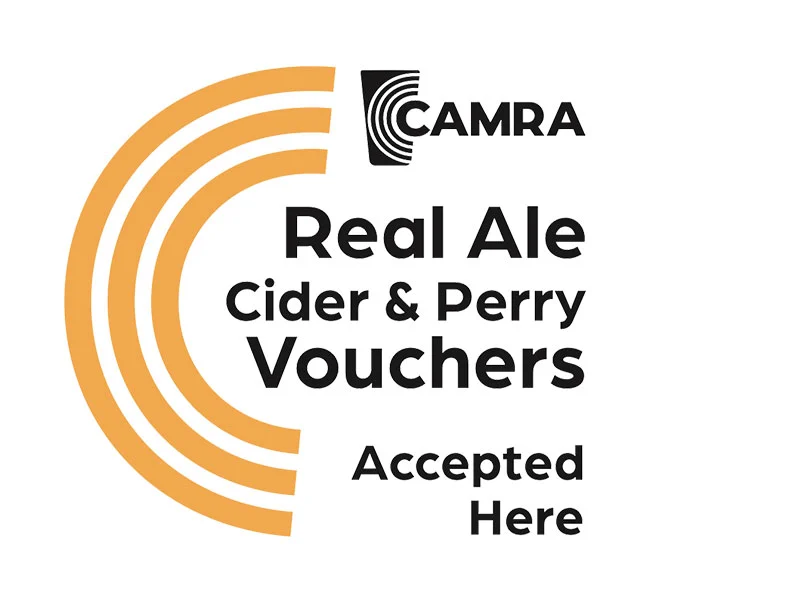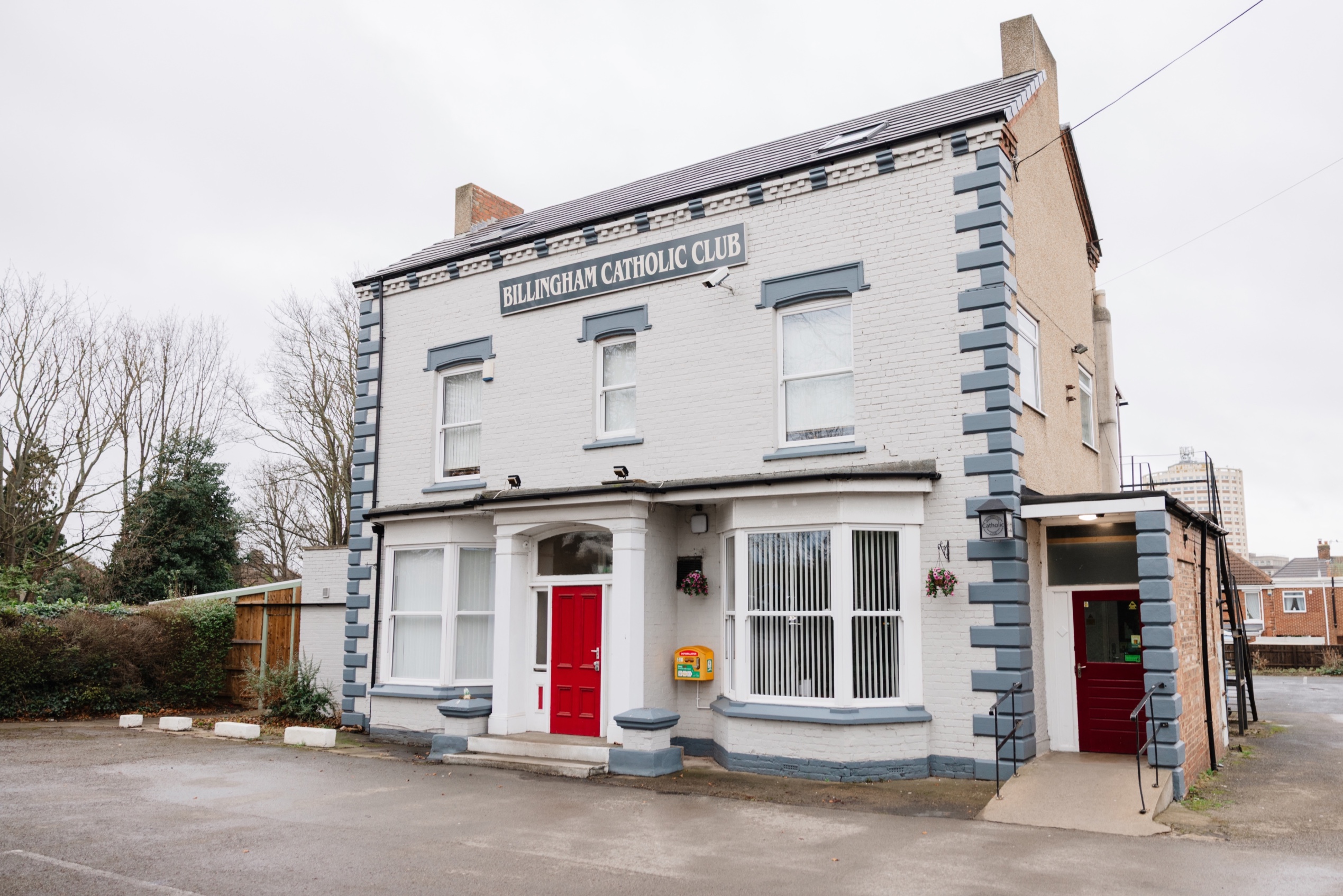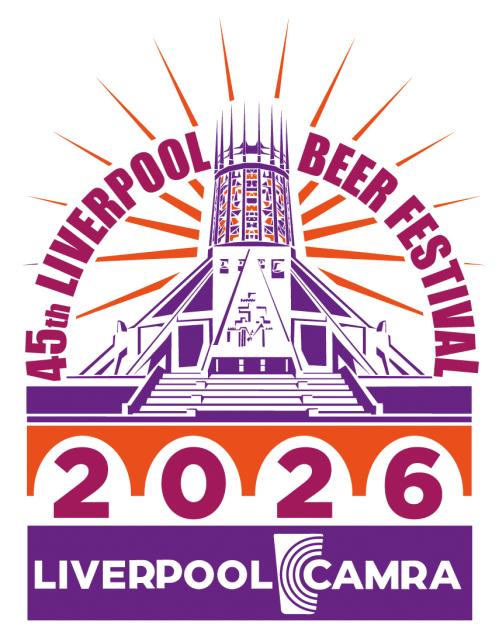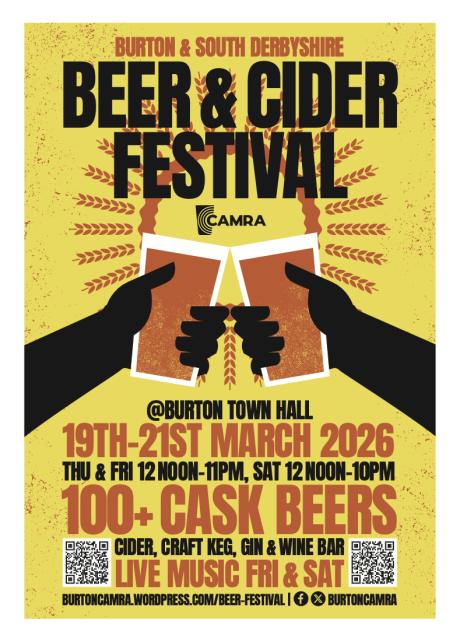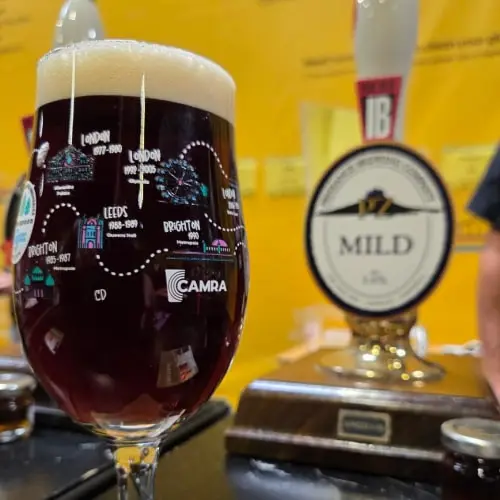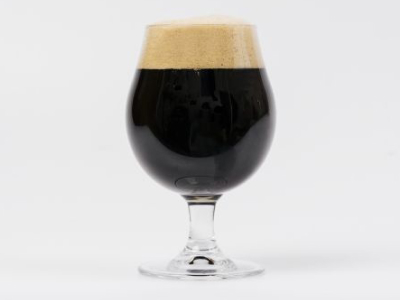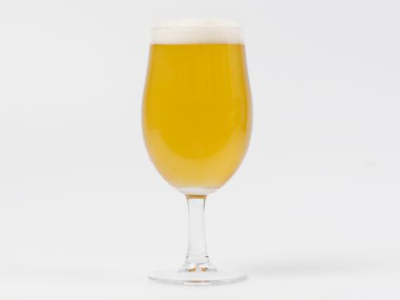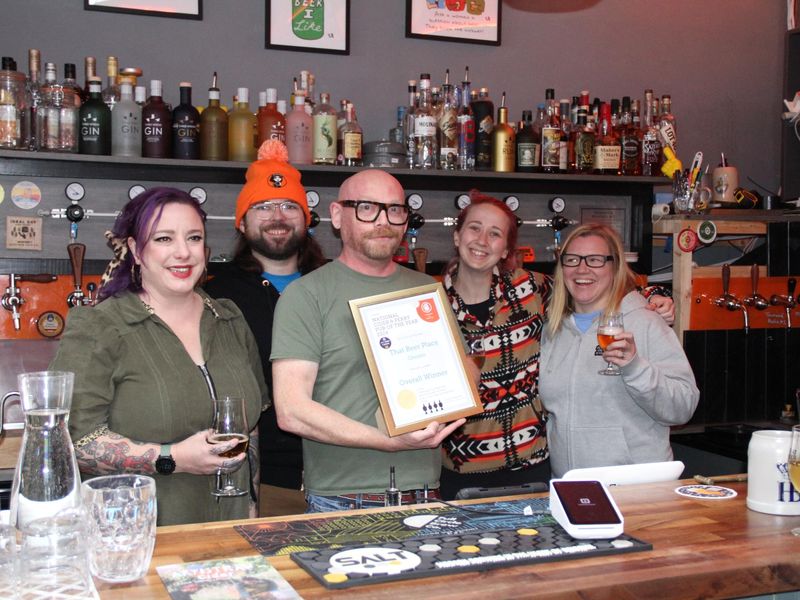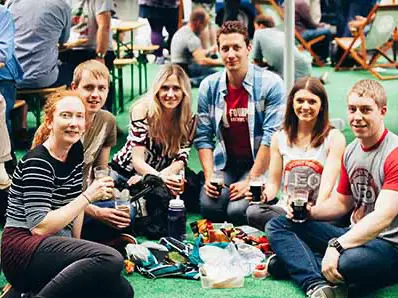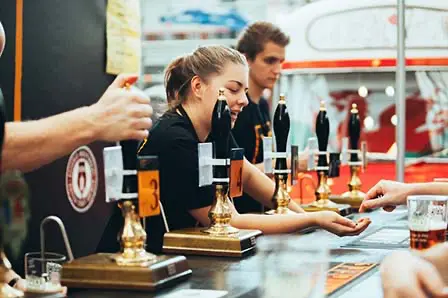CAMRA urges pub-goers to use the Good Beer Guide to find the best pubs serving cask beer as new research shows consumers view traditional cask to be the most eco-friendly drink
New YouGov research commissioned by CAMRA, the Campaign for Real Ale, has found that nearly 70% of consumers in the UK believe that having a draught beer or cider in a pub is the greenest way of enjoying a tipple.
Draught beer or cider served in a licensed premise such as a pub, social club or taproom is seen as the greenest option above and beyond consuming bottled or canned beer, cider, wine or spirits bought either in a licensed premises or in a supermarket or off-licence.
Alongside being stored and served in reusable containers from barrel to glass, cask beer is usually brewed locally and served locally – cutting down on beer miles and helping drinkers discover new flavours with a local provenance.
The survey comes as CAMRA releases the 50th edition of its Good Beer Guide, which celebrates the very best pubs serving cask beer across the UK. This year’s Guide highlights the environmental benefits of choosing to drink cask beer and outlines how CAMRA aims to support sustainability initiatives across the sector.
Writing in the Guide, Campaigns Assistant Cam Waddell said: “Cask forms the ultimate circular economy with almost every part of the supply chain – from grain to glass – being reused countless times. As a further benefit, much of this equipment is made from material that can be fully recycled at the end of its lifespan.”
She adds: “Stocking locally produced beers has a huge range of benefits for consumers in the trade: pub-goers get to enjoy distinctive local beer styles, it improves consumer choice and supports brewers with increased sales, which in turn creates more local jobs, and increasing the resilience of the local economy with more money being generated and spent in the area.”
The Campaigning organisation is throwing its weight behind initiatives to improve sustainability throughout the sector, such as calling for technology exemptions in Business Rates to allow businesses to invest in innovative energy generation and storage, supporting a ban on single-use plastic pints and campaigning for minimum juice content in cider to highlight the role orchards play in biodiversity.
CAMRA Chairman Nik Antona says: “Enjoying a pint of cask in your local is one of the most environmentally friendly ways to enjoy a drink and boasts a huge range of social and wellbeing benefits. It's great to see that 69% of drinkers recognise that it is the best way to drink greener too - especially when you choose a local brewery or cider maker to cut down on carbon emissions when compared to imported products.”
“Traditional cask beer is a no-waste option with every element of the process from brewery to bar being able to be reused. That’s one of the many reasons beer drinkers can feel excited to use their Good Beer Guide to find their next pint – it’s the only Guide that showcases the very best in cask across the UK!”
Ends
Notes to editors:
All figures, unless otherwise stated, are from YouGov Plc. Total sample size was 1100 adults. Fieldwork was undertaken between 22nd and 25th July 2022. The survey was carried out online. The figures have been weighted and are representative of all UK adults (aged 18+).
| Different types of alcohol are made in different ways, from different ingredients and using different processes and packaging. All these things affect the associated environmental impact of the production and consumption of different drinks. In general, which of the following types of drinks do you think has the lowest associated environmental impact? | |
| Unweighted base | 1100 |
| Base: All UK adults | 1104 |
| Beer and cider sold on draught in licensed premises | 69% |
| Beer and cider sold in bottles or cans in licensed premises | 4% |
| Beer and bought from supermarkets/off licences | 5% |
| Spirits bought from supermarkets/off licences | 4% |
| Spirits bought in a licensed premises | 4% |
| Wine bought from supermarkets/off licences | 5% |
| Wine bought in a licensed premises | 6% |
| Other | 3% |
Sources of CO2 when producing beer:
- Brewing materials account for around 20 – 30 per cent of the total footprint
- Brewing operations account for around 12 per cent of the total footprint
- Packaging accounts for between five and 45 per cent of the total footprint, depending on the type of packaging chosen. Recyclable bulk units such as casks and kegs have a smaller carbon footprint, while small pack beers in bottles and cans require more resources and energy even when recycled content is considered.
- Distribution and retail account for around 15 per cent of the total footprint. The best way to reduce the environmental impact is by:
- Drinking local beers especially in a brewery taproom.
- Using electric vehicles and distribution hubs to reduce transport miles.
- Minimising the energy required for cooling and storing beer in trade or in the refrigerator at home.
(source: Consumers lead the way on green beer - What's Brewing (camra.org.uk))
